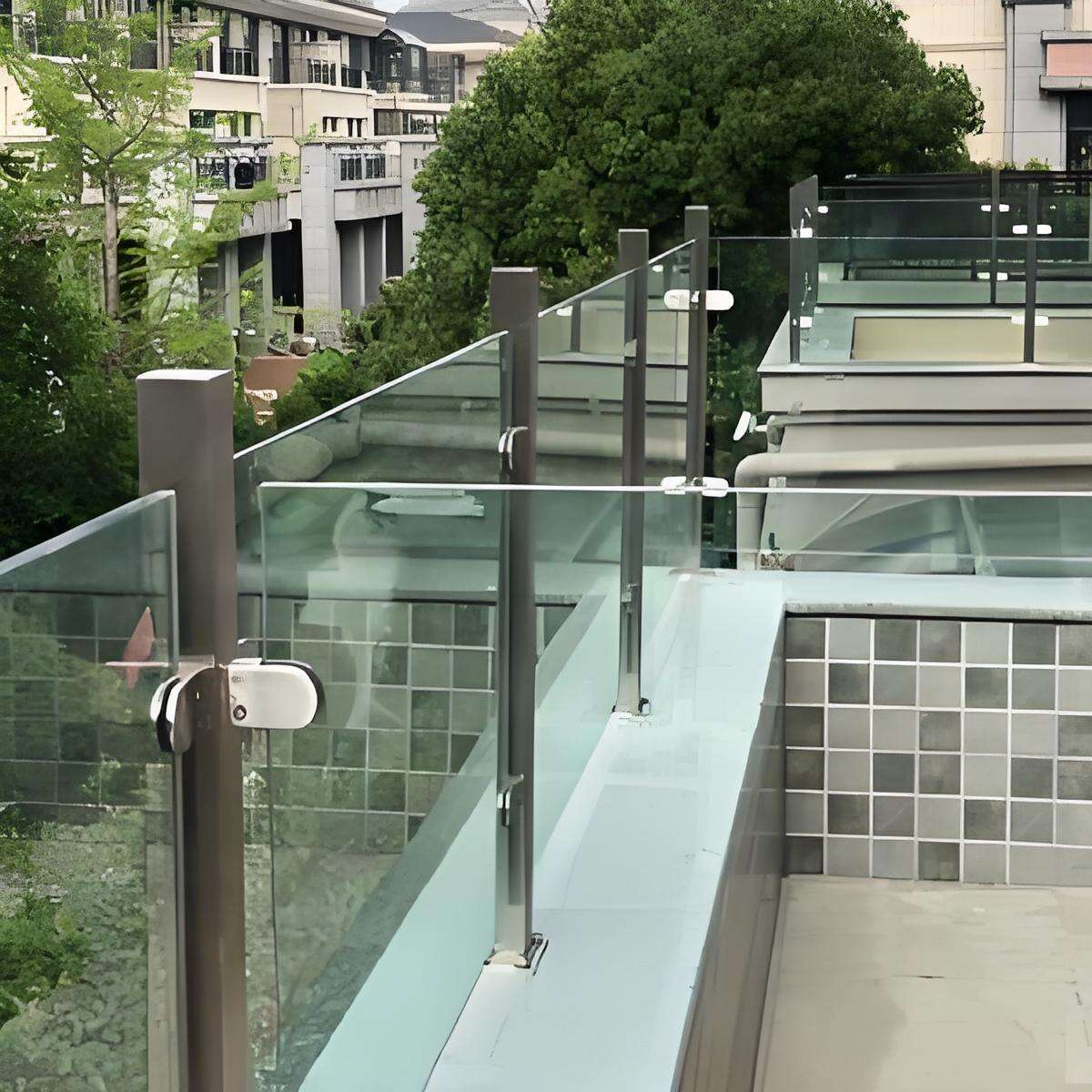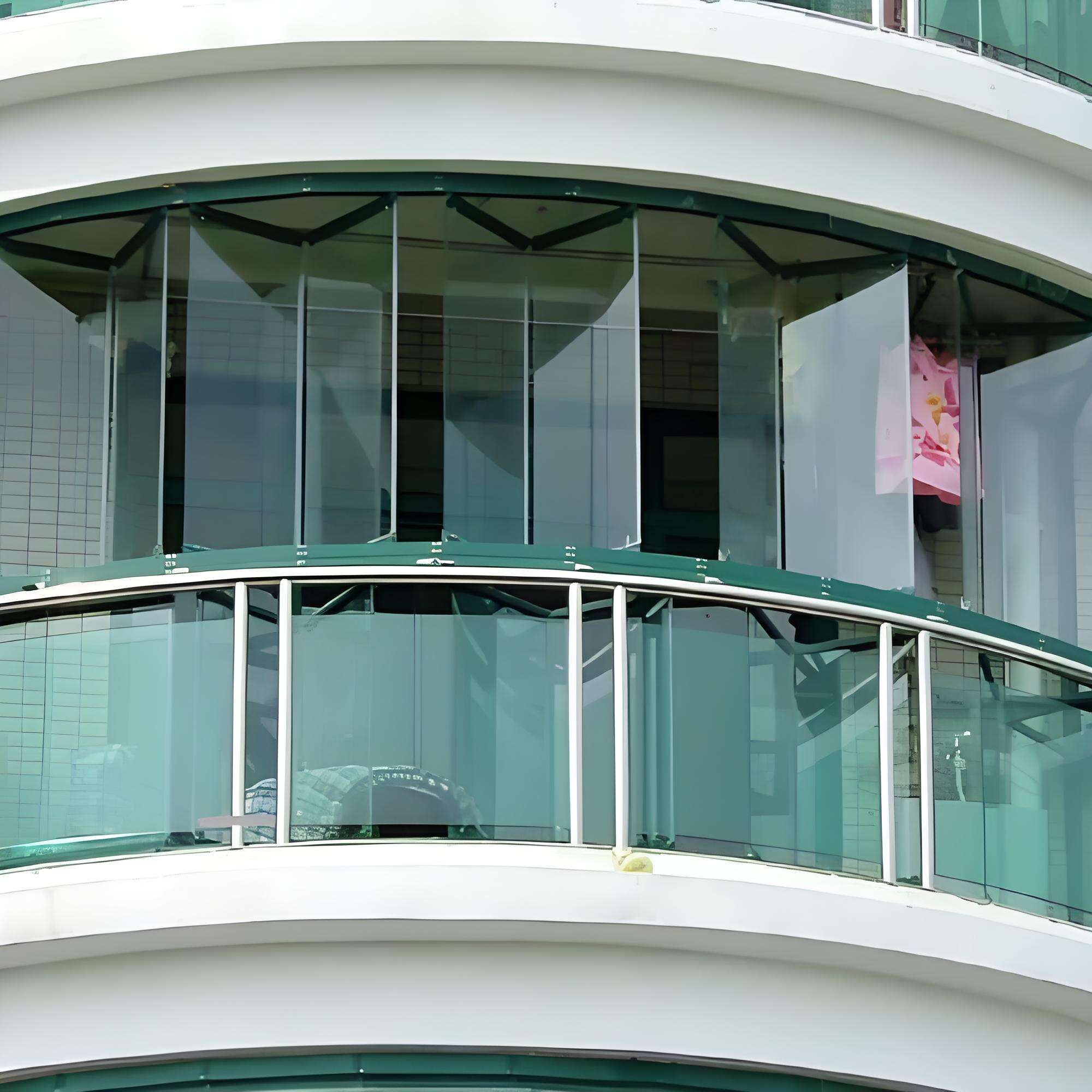buy curved glass
Curved glass represents a sophisticated architectural and design element that combines aesthetic appeal with functional versatility. This innovative material undergoes a precise heating and bending process to achieve its distinctive curved shape, making it ideal for various applications in modern construction and interior design. The manufacturing process involves heating flat glass sheets to their softening point, approximately 600 degrees Celsius, before carefully molding them into the desired curvature. The glass is then cooled under controlled conditions to ensure structural integrity and durability. Available in various thicknesses and curvature degrees, curved glass can be customized to meet specific project requirements. The material can be treated with additional features such as tempering for increased strength, lamination for safety, or coating for enhanced thermal and solar performance. Modern curved glass manufacturing employs advanced technology to ensure precise measurements and consistent quality, resulting in products that meet strict architectural standards and safety regulations. These glass panels find applications in storefronts, building facades, interior partitions, shower enclosures, and decorative installations, offering both functional benefits and striking visual impact.


